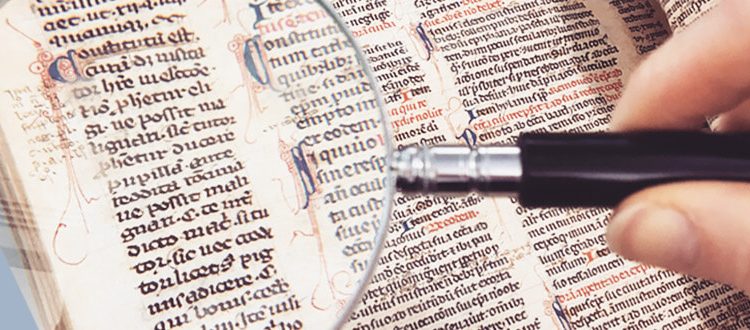Microsoft, Google, & Baidu Join Forces on Open Academic Search

The Allen Institute for Artificial Intelligence (AI2) in Seattle was created by Microsoft co-founder Paul Allen with the mission of providing the latest findings in artificial intelligence to humankind. AI2 collaborated with Microsoft, Google, and Baidu to create the Open Academic Search (OAS) working group to “advance scientific research and discovery, promote technology that assists the scientific and academic communities, and make research available worldwide for the good of all humanity.”
Finding academic resources has become a challenge, even with today’s fast-speed Internet search engines and computers. The volume of information out there seems to increase exponentially. Some believe that there are more than 200 million scholarly manuscripts available for use, with 2.5 million being published every year. With such a huge volume, searching for current research in your discipline can be a daunting task. OAS was created to help speed things up.
Sharing Search Tools
The OAS advisory board comprises of academicians from several universities, and managers of scholarly databases, such as ArXiv, ACM Digital Libraries, and Wikimedia, each of which provides open access to research in various fields of study. In addition, the Bill and Melinda Gates Foundation supports the project and requires that those given funding for their research must then make their papers available free to anyone who wants to access them.
Some of the tools recently released to aid in the ease of finding and accessing research are as follows:
- Semantic Scholar: Comprises of computer science and neuroscience papers; locates publications, citations, and results. It extracts elements such as references, citations, key phrases, and figures to speed up text scanning.
- Open Research Corpus: Comprises of more than 7 million research papers in computer science and neuroscience. It is actually a subset of the Semantic Scholar corpus and cites papers retrieved from web crawling searches, including their filters.
- Science-Parse: Parses scientific papers and provides them to users in a structured format.
- PDFFigures: Identifies and extracts figures and tables from research papers and matches the captions to it and provides it in .pdf format.
- Baidu Scholar: By the end of 2014, it included hundreds of thousands of academic websites and an index of more than 100 million resources. It also provides free access. Its metadata will be opened this year for those interested.
The bottom line for this innovative cooperative effort is that it will enable researchers to find information faster and easier. The goal of any research is to get the results out to those who want it as quickly as possible. Without open access, which this cooperative and the Gates Foundation continue to support, new research information can sometimes take several months to several years to get through the publishing process. While not all published material is open access, the ones that are available at no cost will benefit from what AI2 has to offer. By providing new and faster search engines, researchers can retrieve more precise information in a more timely manner. These programs not only help to find references for new researches in the same disciplines, they also help authors receive the credit they deserve and provide new medical discoveries much faster that might actually help save lives. After all, research should be available to anyone who wants to access it. The dissemination of new information is the goal of “good science.”









